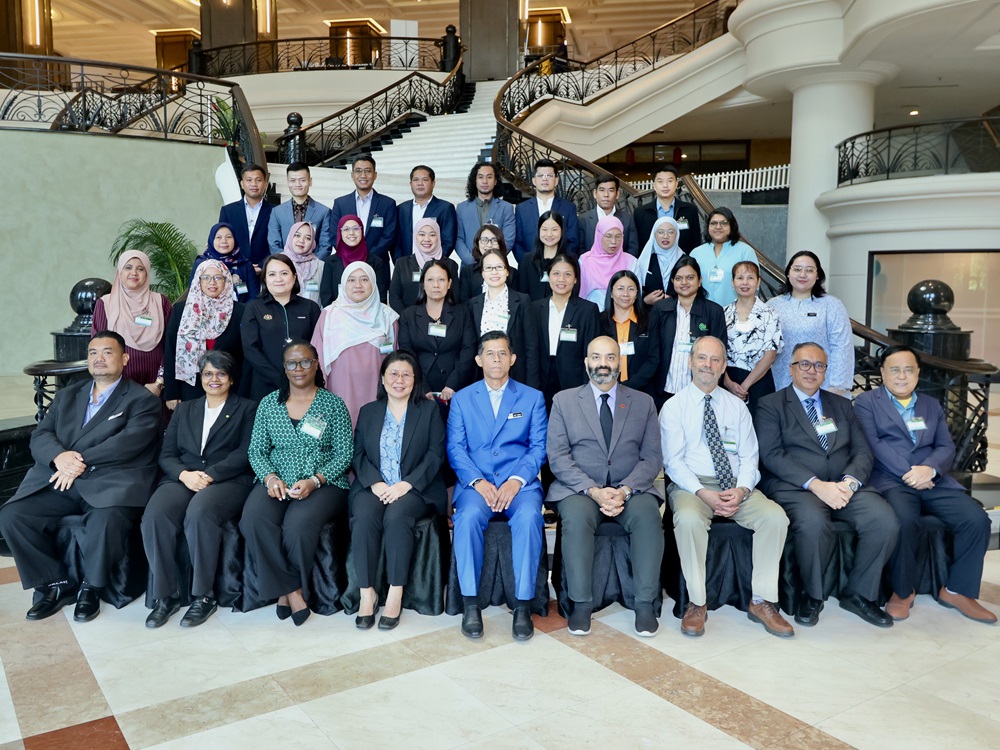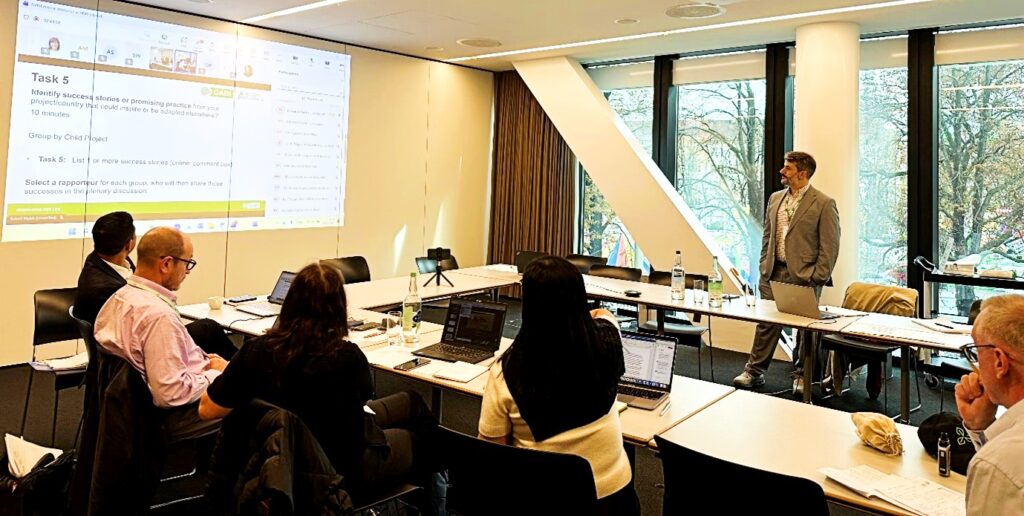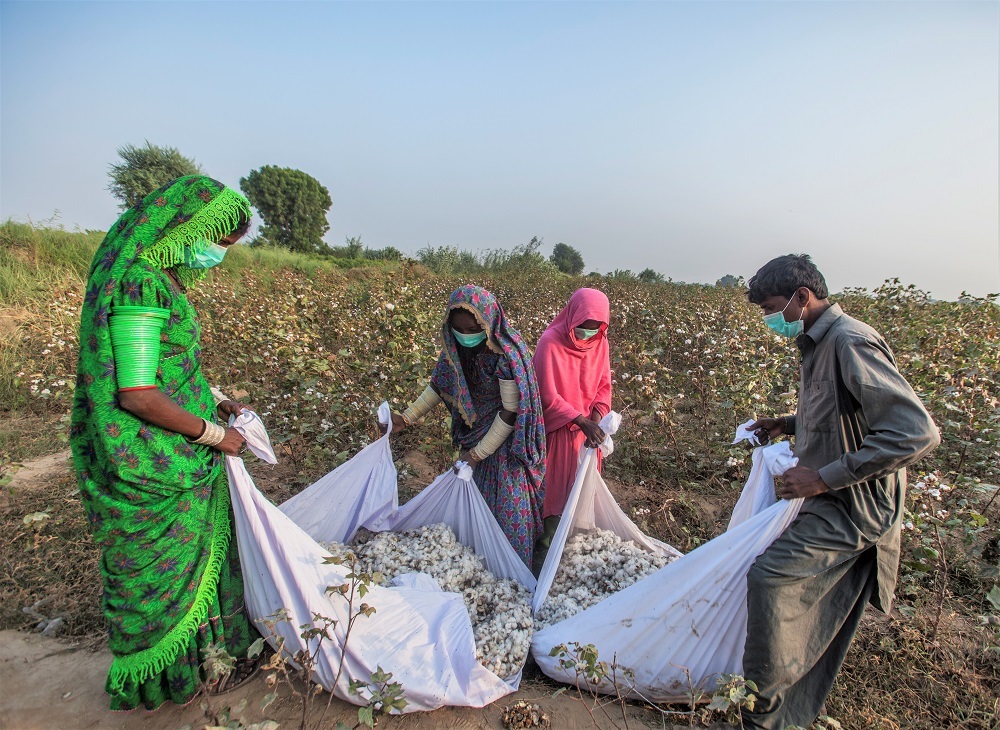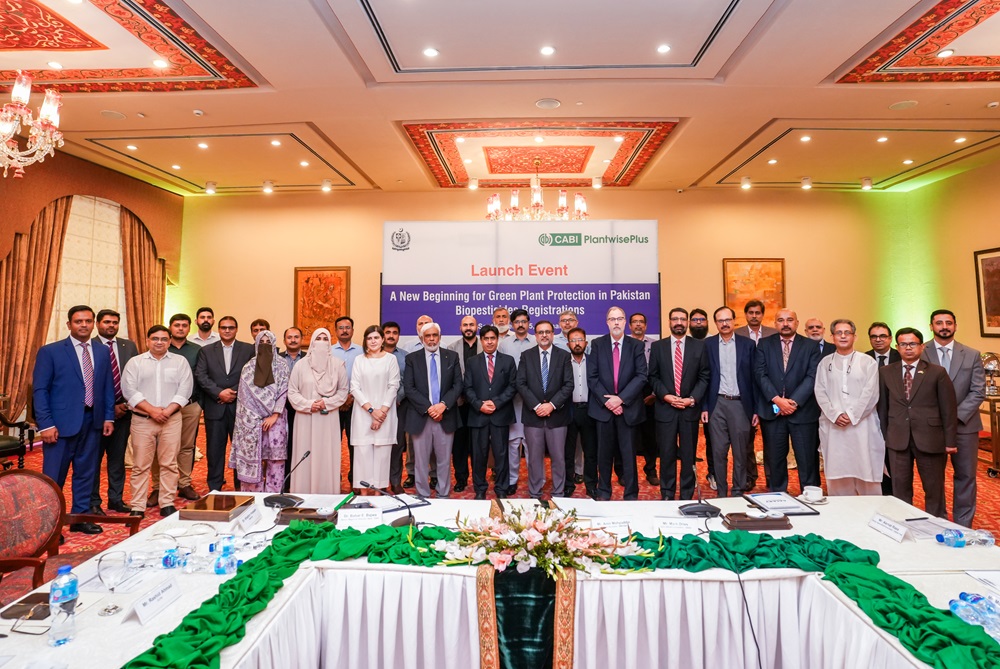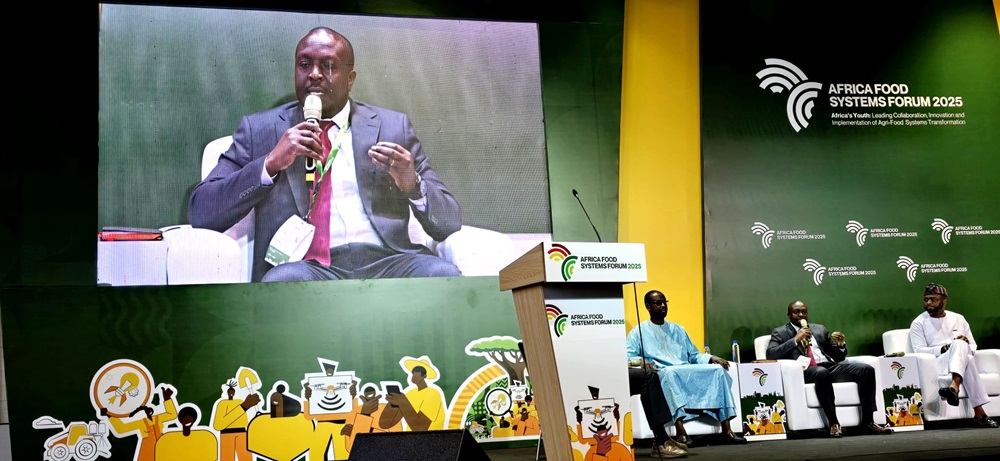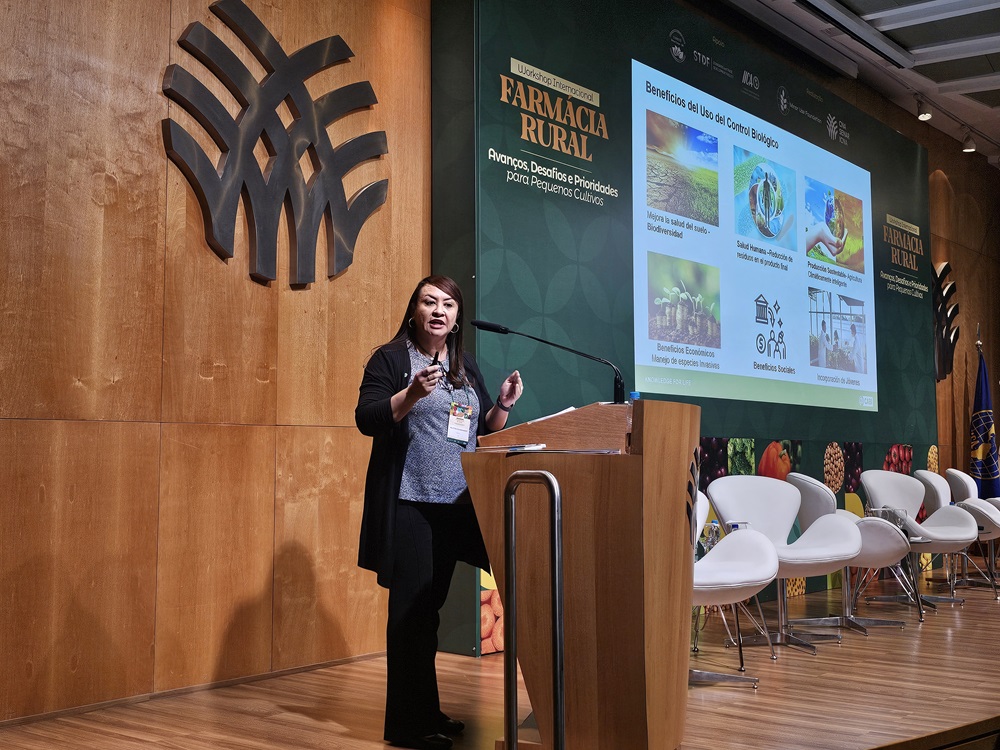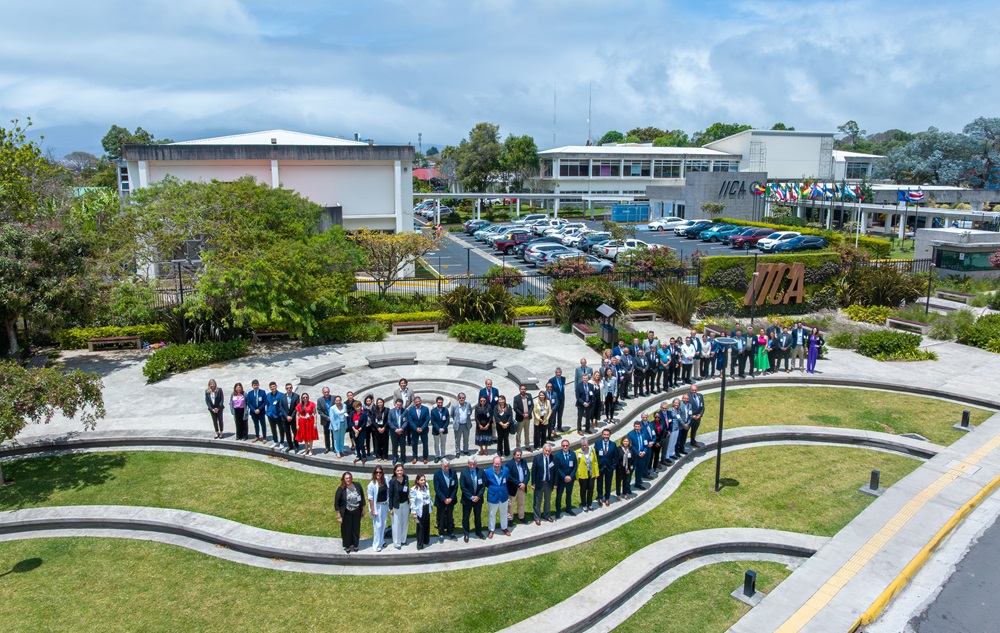CABI Blog
You are here: CABI Blog
Collaboration in plant health, biosecurity, and pest data management strengthened through ASEAN Pest Database
November 20, 2025
Wayne Coles
1 comment
The 2nd workshop on the Association of South East Asian Nations (ASEAN) Pest Database, aimed at strengthening regional collaboration in plant health, biosecurity, and pest data management, has been held in Putrajaya, Malaysia.
Strengthening collaboration on policy and enforcement: Highlights from FARM workshop at Annual Biocontrol Industry Meeting 2025
October 29, 2025
Robert Malek
No Comments
Financing Agrochemical Reduction and Management (FARM) is a five-year, $37 million initiative funded by the Global Environment Facility (GEF), with an additional $341 million in co-financing.
CABI workshop explores gendered impact of maize crop loss in Kenya
October 21, 2025
Stacey Odunga
No Comments
A stakeholder inception workshop recently hosted by CABI in Nairobi, Kenya, has explored how men, women, and youth are differently affected by maize crop loss, one of the most persistent challenges facing smallholder farmers across the country and beyond.
Kenya stakeholders move towards greater coordination and collaboration on National Pesticide Residue monitoring
October 8, 2025
Naphis Bitange
1 comment
Good progress is being made on plans for a National Pesticide Residue Monitoring Program Framework (NPRMPF) for Kenya to ensure the judicious use of pesticides and safe produce reaches consumers at the end of the food value chain.
Sowing the seeds of success: How CABI and Better Cotton are transforming cotton farming in Pakistan
October 7, 2025
Wayne Coles
No Comments
CABI’s ongoing partnership with the Better Cotton Initiative (BCI) is paying dividends in helping to transform agricultural practices in Pakistan’s cotton sector. This article highlights the progress of this work as part of World Cotton Day today (Tuesday 7 October 20205).
A new beginning for green plant protection in Pakistan: Biopesticides registrations
September 22, 2025
Saqib Ali
1 comment
CABI, in collaboration with the Ministry of National Food Security and Research (MNFS&R) hosted an event in Islamabad to celebrate the launch of registration of biopesticides in Pakistan.
CABI highlights its expertise at Africa Food Systems Forum on the benefits of sharing data for agriculture
September 15, 2025
Wayne Coles
No Comments
CABI has highlighted its expertise in digital development by taking part in the Africa Food Systems Forum (AFSF) in Senegal where it outlined how sharing data through regional platforms can help different agricultural services work better together.
Advancing sustainable agriculture: CABI BioProtection Portal highlighted at rural pharmacies event in Brazil
September 9, 2025
Wayne Coles
No Comments
The CABI BioProtection Portal – the largest open-access global resource for registered biocontrol and biopesticide products and information – has been highlighted at a rural pharmacies event in Brasília, Brazil.
Workshop explores plant health concerns as part of European Phytosanitary Research Coordination network
September 8, 2025
Wayne Coles
No Comments
CABI, in collaboration with Kenya Plant Health Inspectorate Service (KEPHIS), AU InterAfrican Phytosanitary Council (AU-IAPSC), and EUPHRESCO Network Office, has taken part in a consultation workshop exploring a range of phytosanitary research concerns.
CABI strengthens regional collaboration in Latin America to help advance sustainable agriculture and food security
September 4, 2025
Wayne Coles
1 comment
CABI has been busy working to strengthen regional collaboration in Latin America, helping to advance sustainable agricultural production and food security, including the development of more environmentally friendly methods to combat crop pests and diseases.
Subscribe to blog
DISCLAIMER
Views expressed in contributions do not necessarily reflect official CABI positions.
Archives
Categories
- Agriculture and International Development
- Veterinary and Animal Sciences
- Climate change and biodiversity
- Publishing
- Value chains and trade
- Crop health
- Environmental Sciences
- Human Sciences
- Tourism, Hospitality and Leisure
- Food and nutrition security
- Plant Sciences
- Gender and youth
- Digital development
- Development communication and extension
- Economic development
- Invasive species
- CABI Bioservices
- One Health


